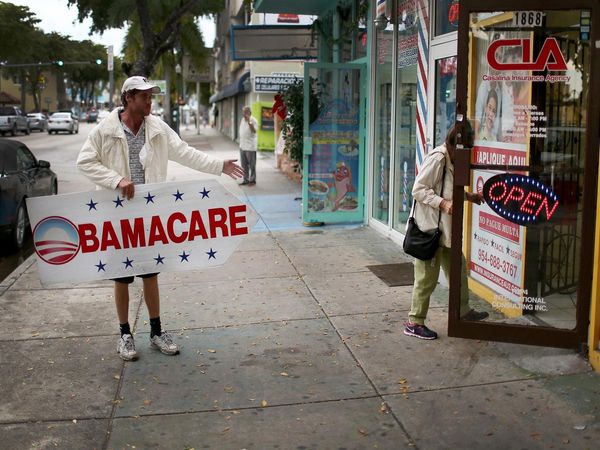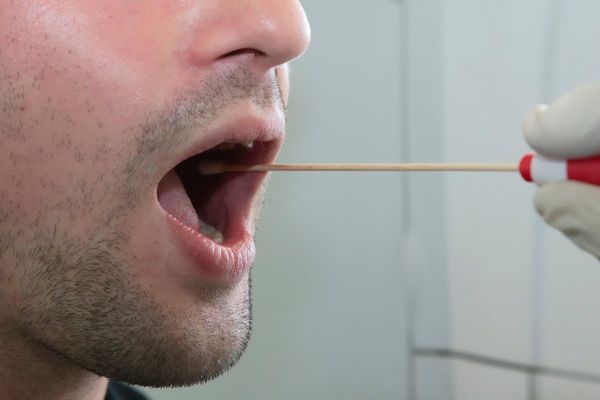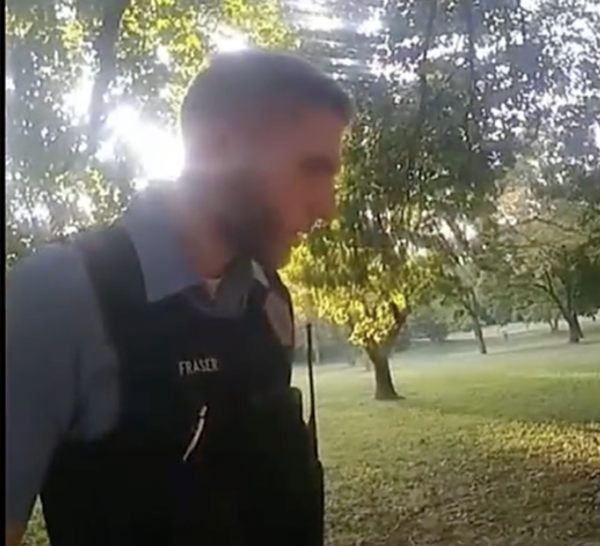
Support truly
independent journalism
The Supreme Court has ruled that Donald Trump, and any future president, has some immunity from criminal prosecution for official acts undertaken as president.
While the nation’s highest court rejected the former president’s suggestion of total immunity, in a 6-3 ruling the justices said that some actions – those deemed official acts – are protected.
Former presidents, however, have no immunity for unofficial acts – or conduct undertaken in private.
“The President enjoys no immunity for his unofficial acts, and not everything the President does is official. The President is not above the law,” Chief Justice John Roberts wrote for the majority.
In her dissent, liberal Justice Ketanji Brown Jackson warned that the ruling “breaks new and dangerous ground”.
The case stems from Trump’s appeal in his federal election interference case brought by special counsel Jack Smith last year, charging the former president over his attempts to overturn the 2020 election result and his role in the January 6 Capitol riot.
Now, the justices’ landmark decision means his federal election interference criminal case will return to a lower court for further legal wranglings, including determining what constitutes an official and unofficial act, leading to further delays.
This now dramatically reduces the likelihood that Trump’s trial will take place before the 2024 presidential election in November.
Trump was quick to share his jubiliation on Truth Social, writing: “Big win for our Constitution and democracy. Proud to be an American.”
Read the full 119-page ruling below:







